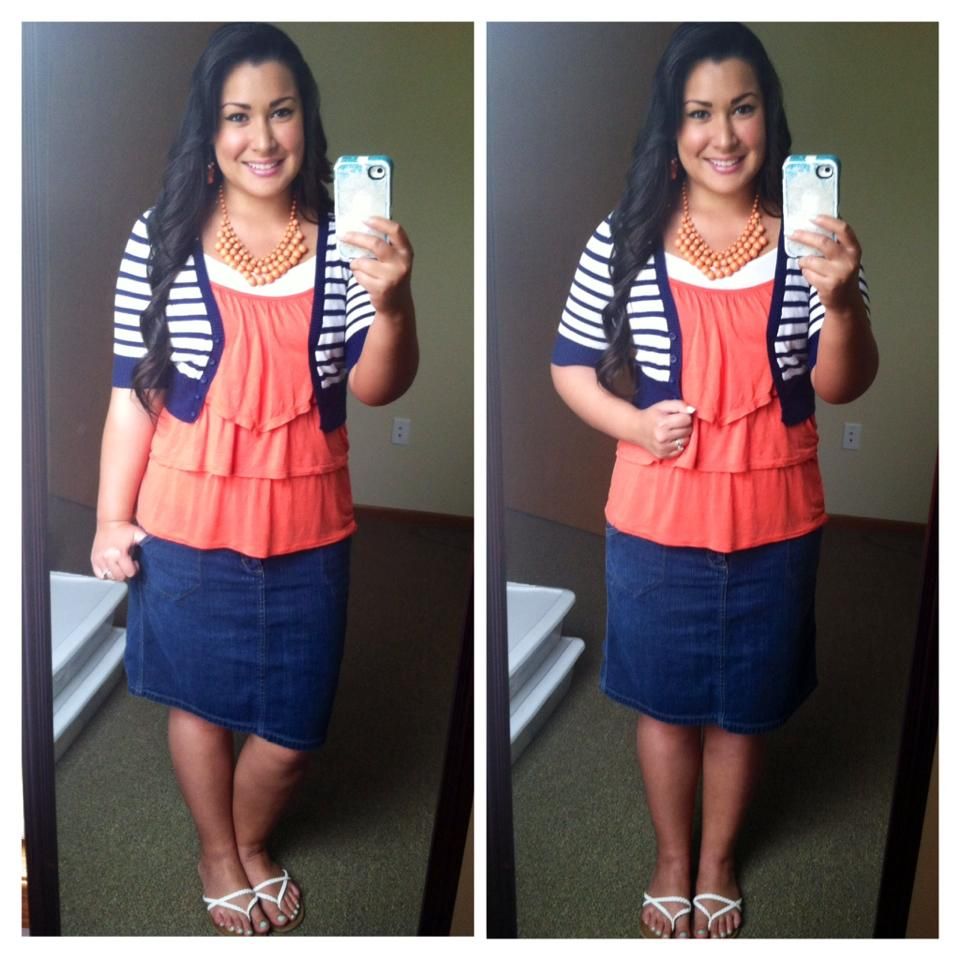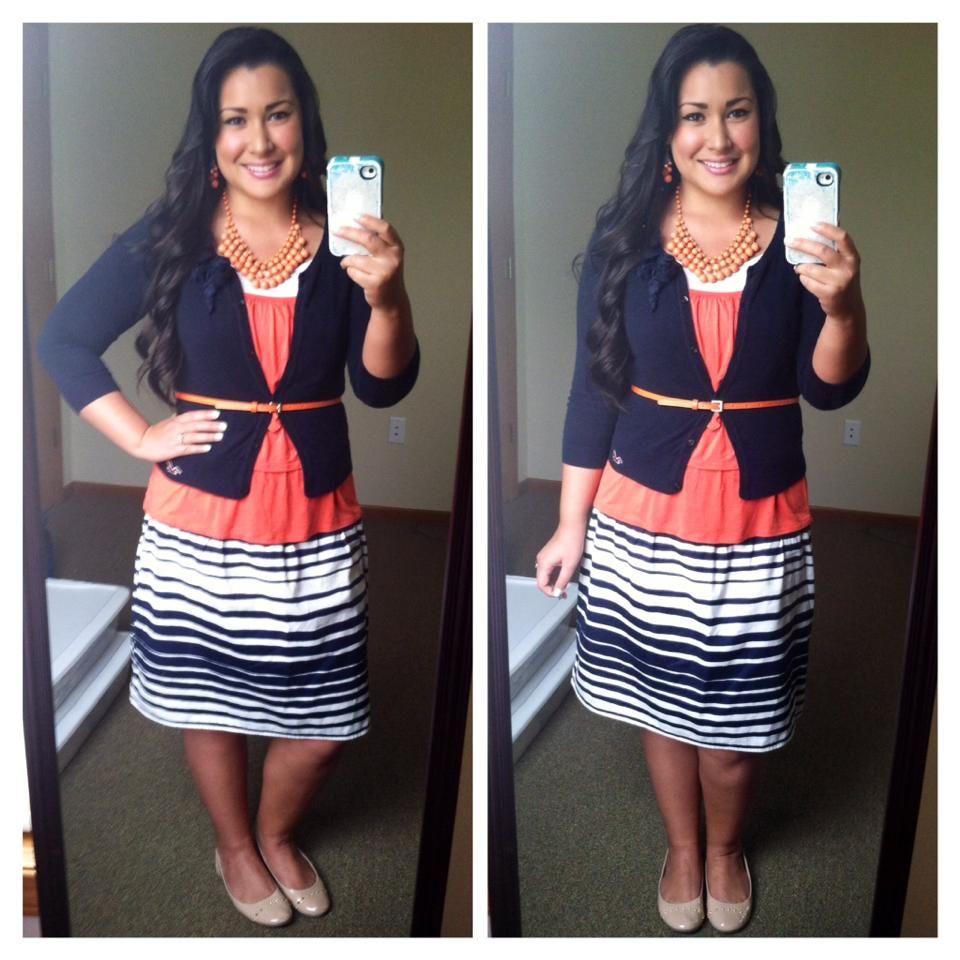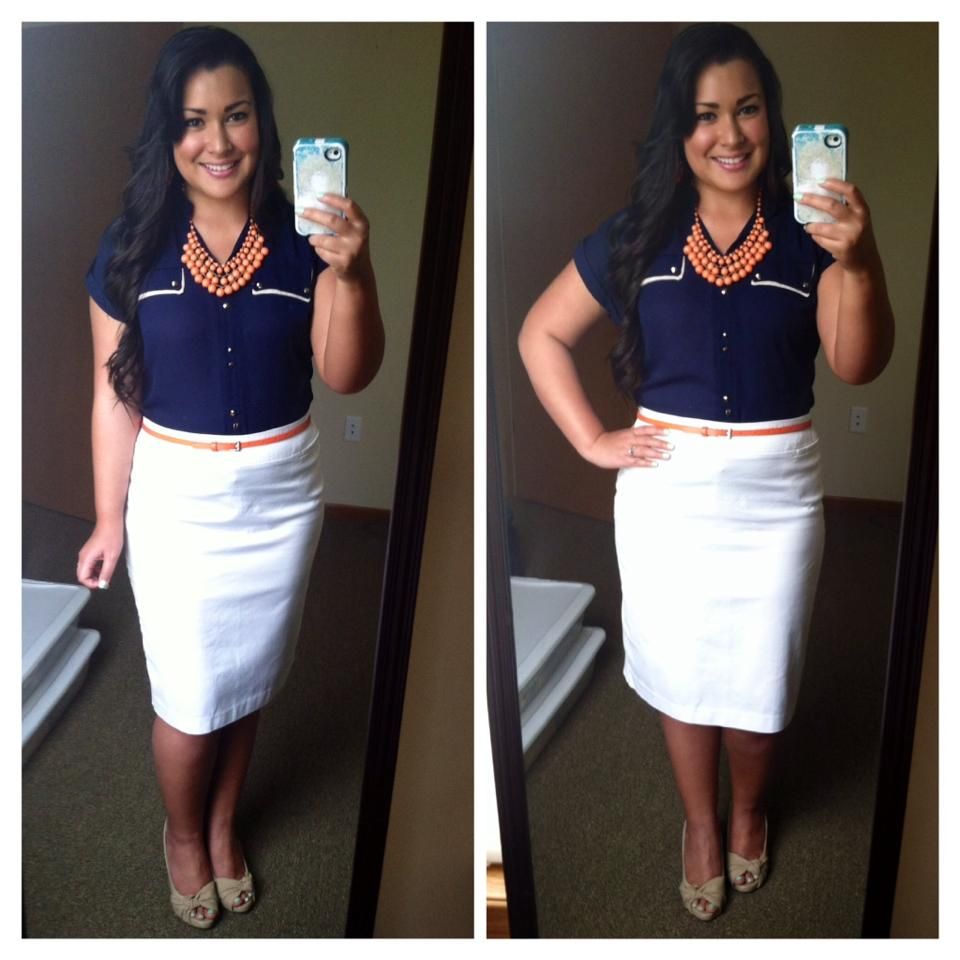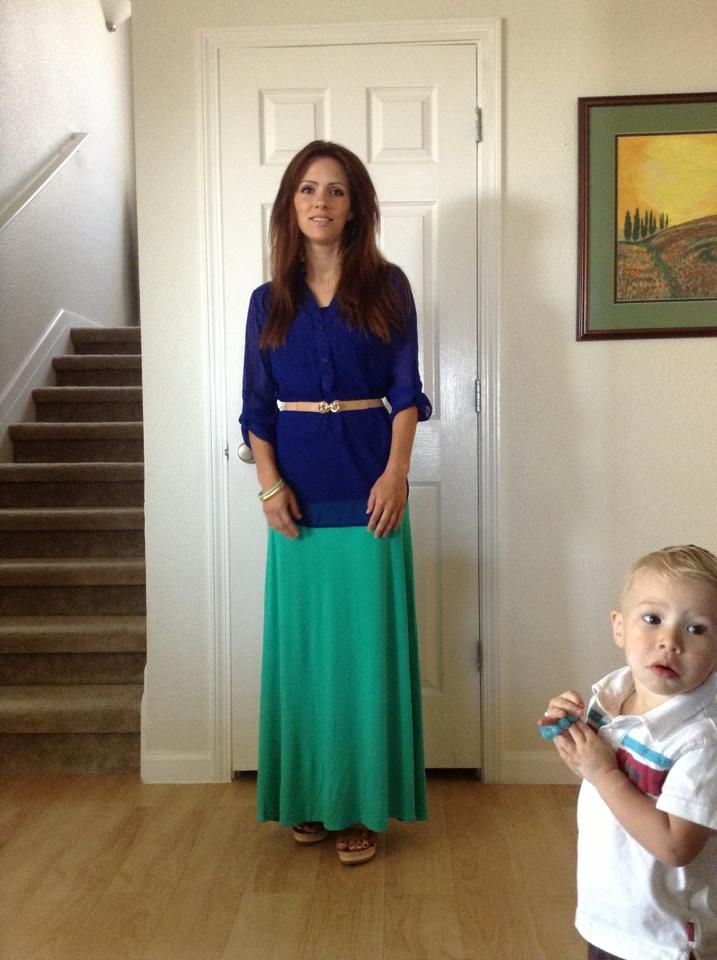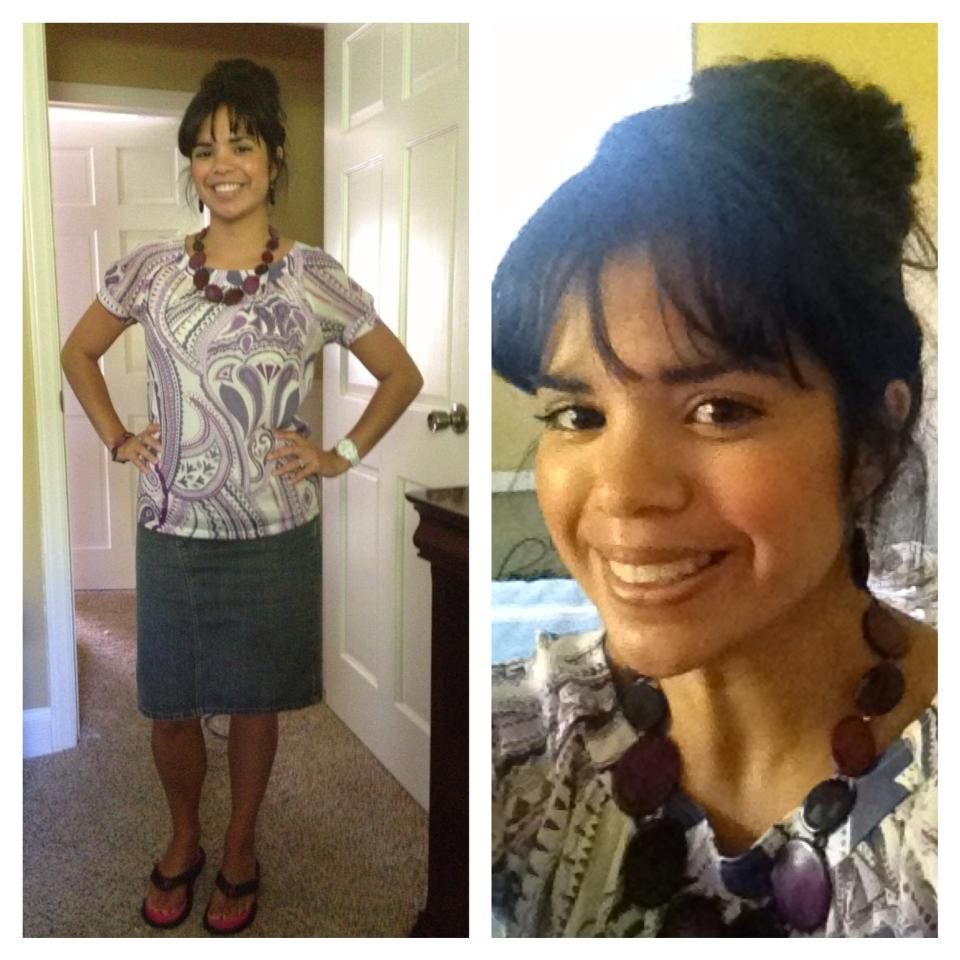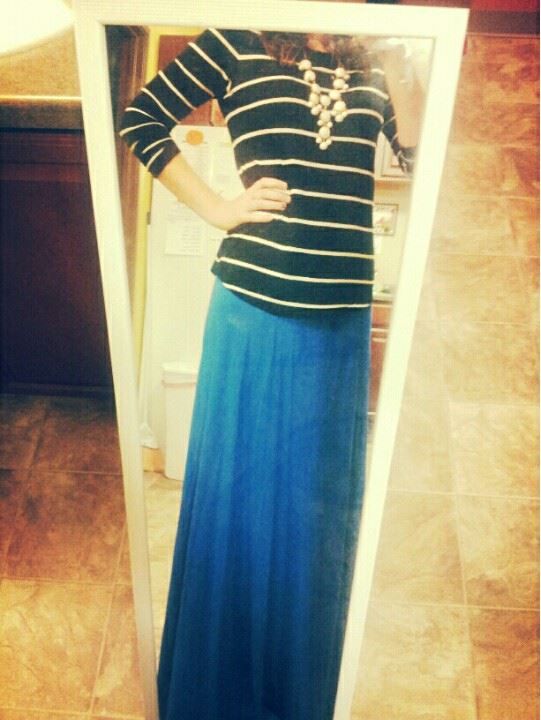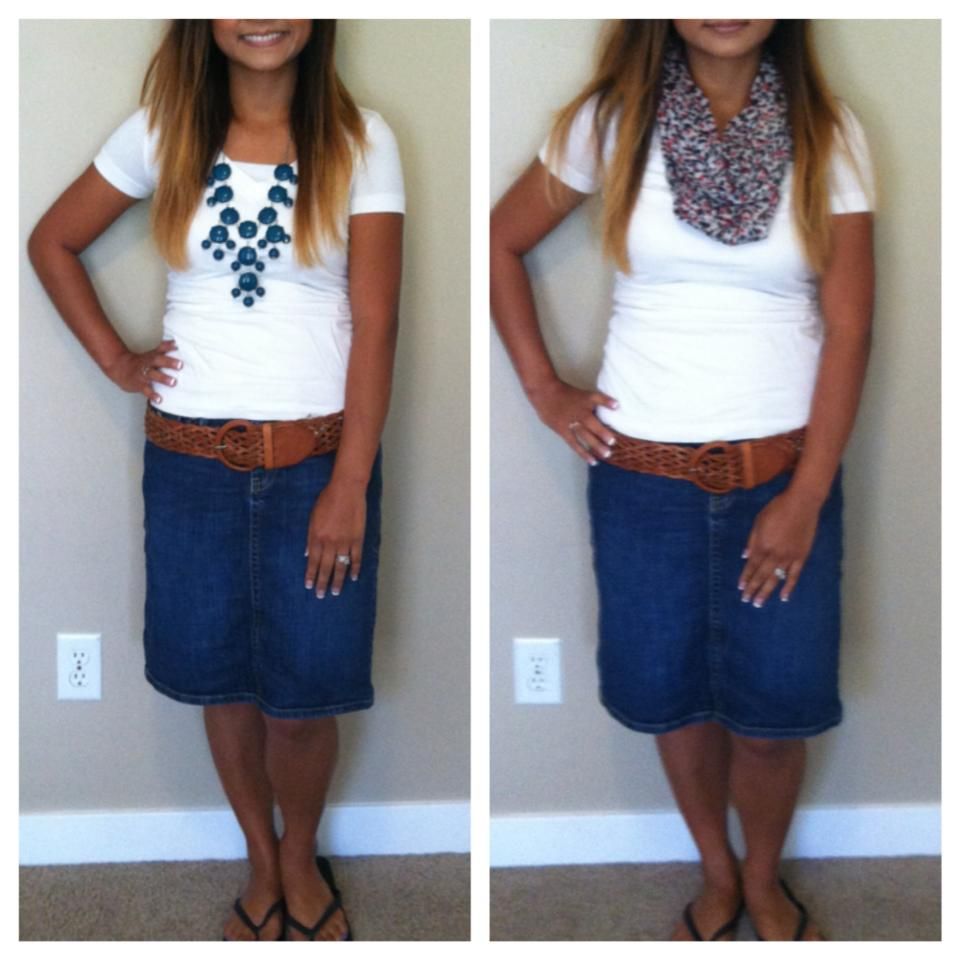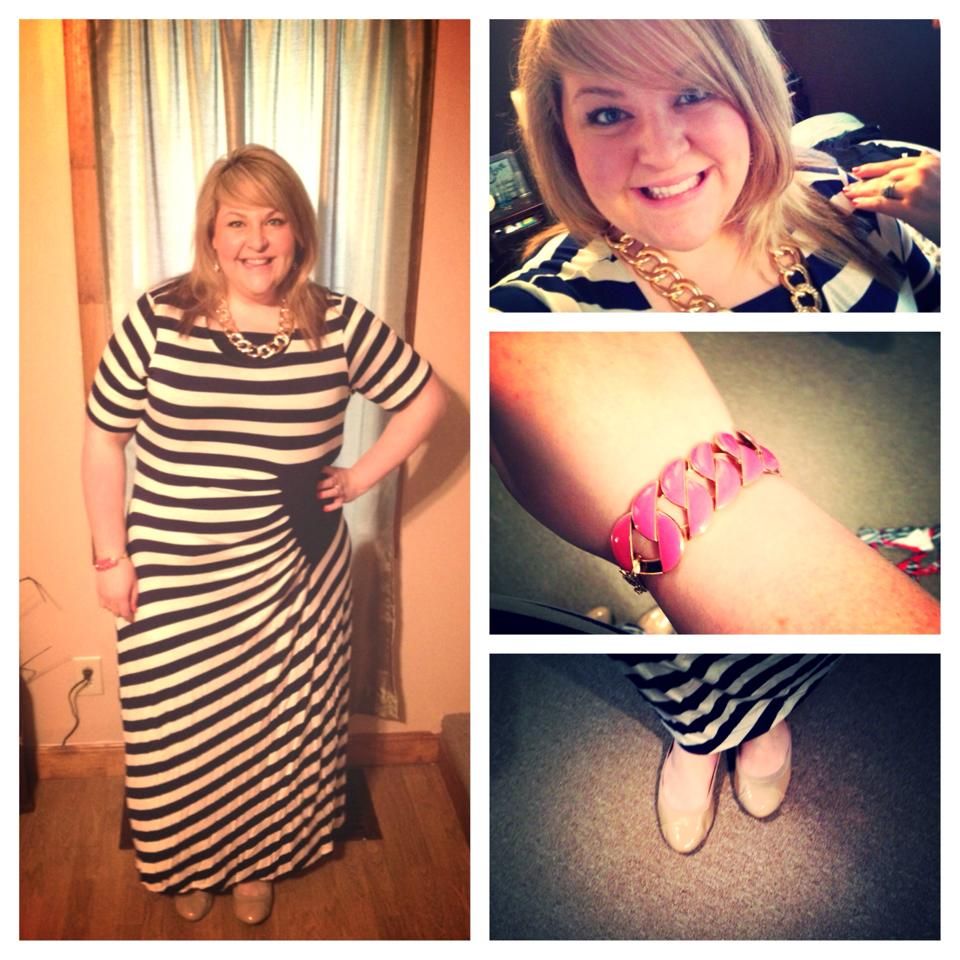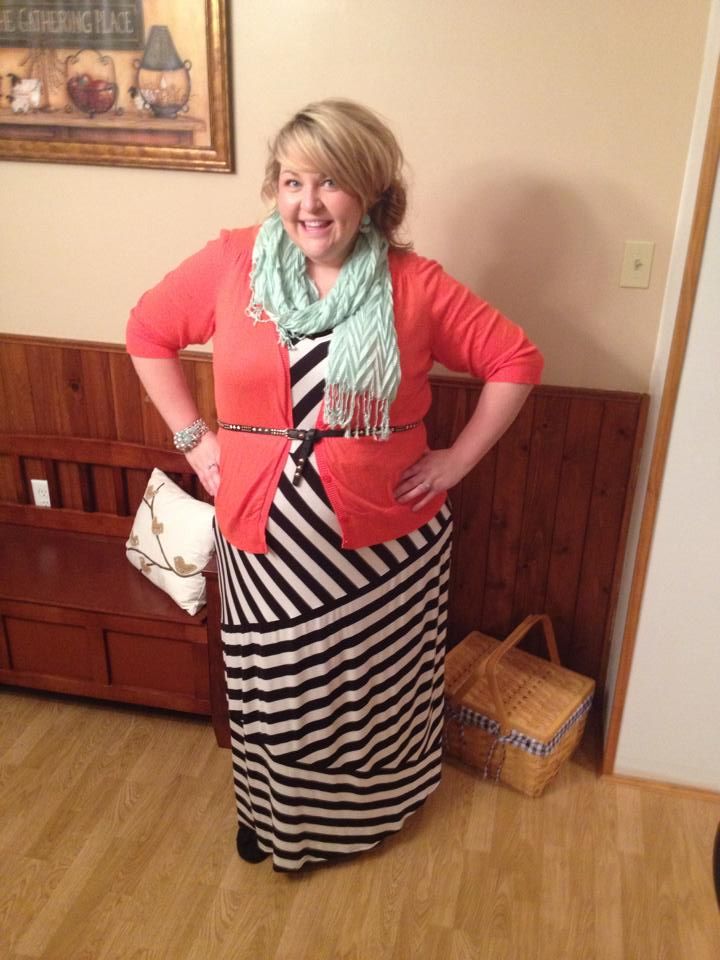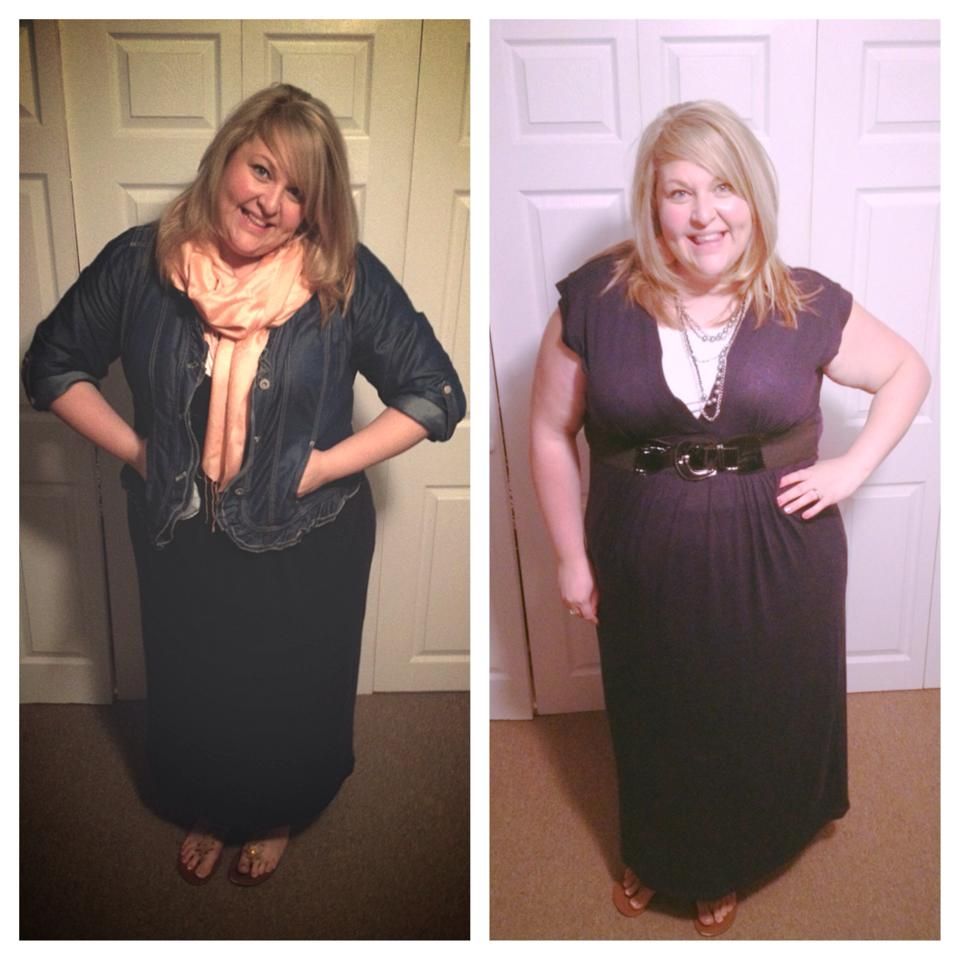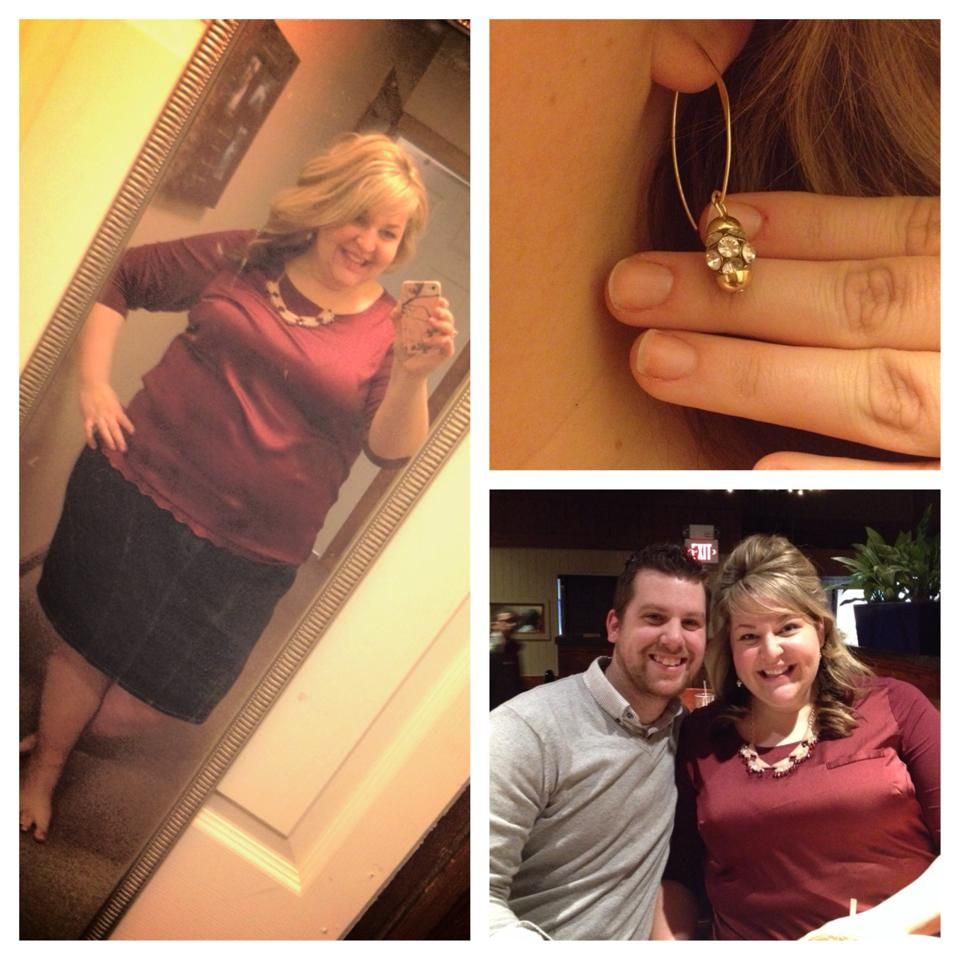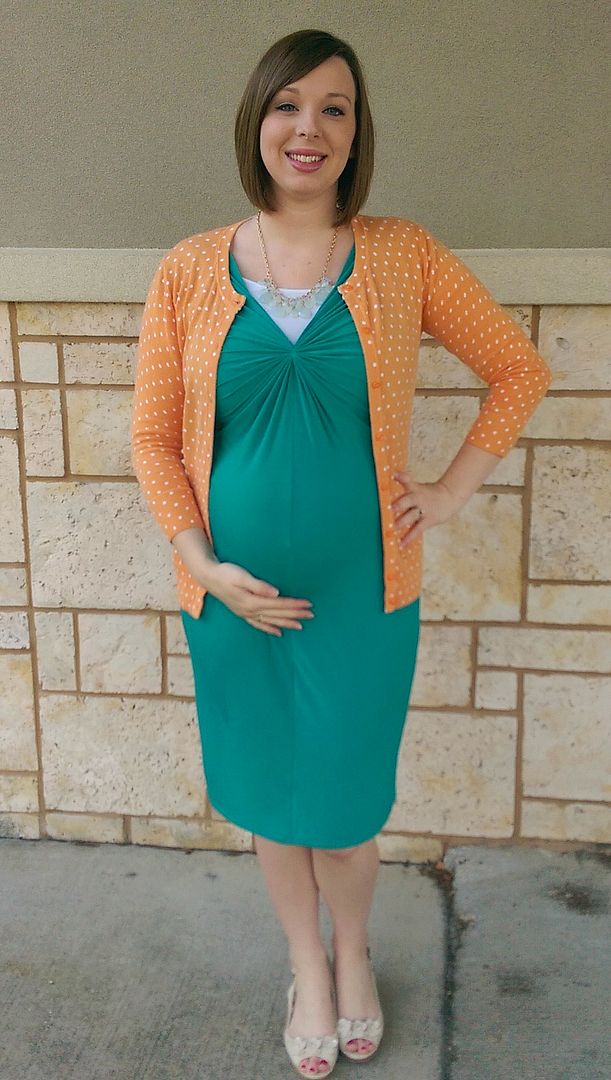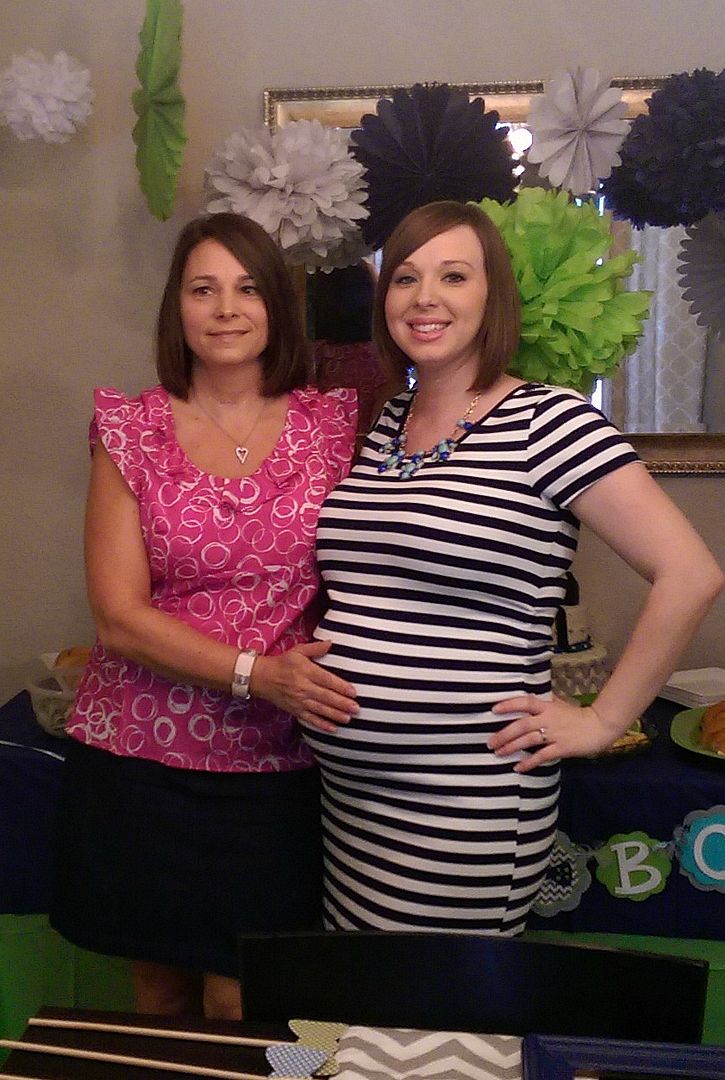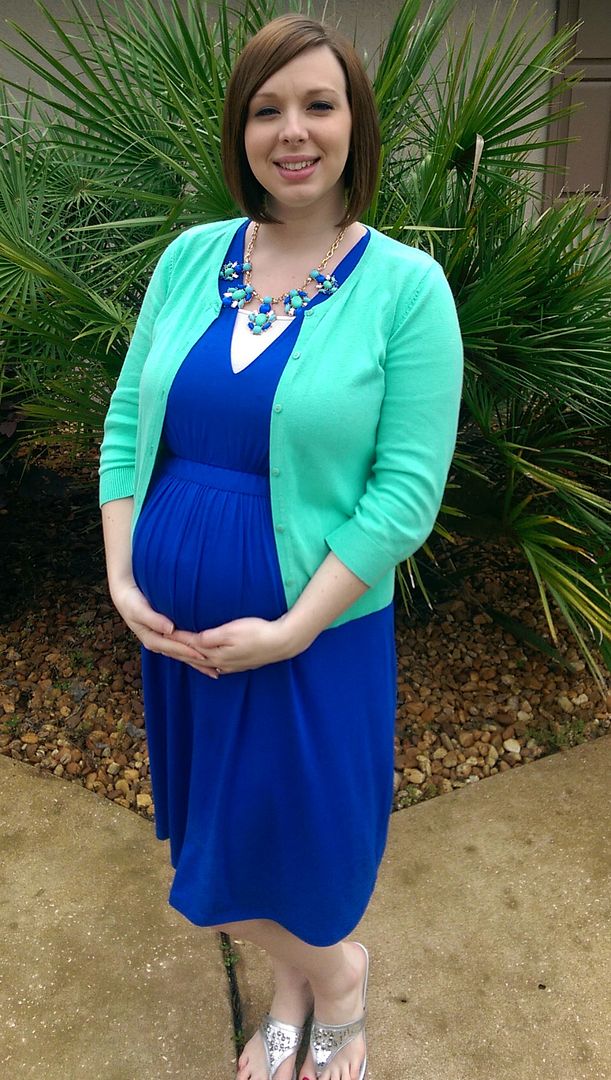Please note, before you read this I am not judging anyone who has chosen a medicated birth or had a c-section. I am just simply educating women on the benefits of natural birth and the risks of blindly listening to the "normal routine" of hospitals and doctors.
 When people ask me where I'm having my baby, and I tell them I'm having a natural water birth at a birth center, I get the same look and phrase from everyone.."Good luck with that!" (with a sarcastic chuckle and big eyes) They say it like I have no idea what I'm getting myself into. Haha! Believe me, I KNOW without a doubt it's going to be the worse pain I'll ever feel in my life, the Bible clearly tells us that, so that's not a surprise to me!
When people ask me where I'm having my baby, and I tell them I'm having a natural water birth at a birth center, I get the same look and phrase from everyone.."Good luck with that!" (with a sarcastic chuckle and big eyes) They say it like I have no idea what I'm getting myself into. Haha! Believe me, I KNOW without a doubt it's going to be the worse pain I'll ever feel in my life, the Bible clearly tells us that, so that's not a surprise to me!
A woman when she is in travail hath sorrow, because her hour is come: but as soon as she is delivered of the child, she remembereth no more the anguish, for joy that a man is born into the world. John 16:21
Unto the woman he said, I will greatly multiply thy sorrow and thy conception; in sorrow thou shalt bring forth children; and thy desire shall be to thy husband, and he shall rule over thee. Genesis 3:16
Epidurals didn't even become mainstream until the 1970's! (reference) So women for THOUSANDS of years have been giving birth naturally with no medical intervention whatsoever! It is not impossible! Our bodies were created by God Himself to create and deliver a baby! I LOVE researching how our bodies react to contractions and labor, it's truly a miracle how our bodies work! So, just because natural birth is rare nowadays, doesn't mean it's dangerous or crazy. Natural birth is VERY safe in majority of cases. Yes, there are real emergencies and I thank God that we have doctors who can perform c-sections and save many babies' & mother's lives. But when the c-section rate in America is 32.8%, we should scratch our heads and wonder why that is such a HIGH percent! Well, let me tell you why...
it's called unnecessary medical interventions.
Let me go through the list of routine interventions used in a "normal hospital birth" and inform you on the risks associated with each intervention.
1.
Unnecessary Induction. "We know that estimated due dates are inaccurate – only 3% to 5% of babies are born on their "guess date" and full term is classed as up to 42 weeks of pregnancy. So for your baby to be born safely when he should be – when he is ready – you need supporting evidence that things are not safe to continue before intervening."-
Risks of Induction If you are healthy and the baby is healthy, there is no reason to induce before 42 weeks.
The risks of induction are as follows; the need for a c-section, pre-mature birth, low baby heart rate, infection, umbilical cord problems, uterine rupture, and bleeding after delivery. -
Mayo Clinic All I ask is to research why your doctor feels you need to be induced, and make sure it is truly necessary to prevent needing more medical interventions!
2.
Artificial Rupture of Membranes. This is a form of induction without medication, when a midwife or doctor takes a crochet looking hook, and breaks your water. The risks for this procedure are;
increases the risk for infection, prolapsed umbilical cord, fetal heart decelerations, and c-section. When the cushion from the amniotic fluid is gone women have reported being more uncomfortable, so it often increases the likelihood of the mother requesting pain medicine. Once the membranes are ruptured the mother will be running on strict time limits because the longer the water has been broken the more increased risk of infection there is which means she has higher chances of induction and a c-section. -The Birthing Site But there are some cases where this may be a beneficial choice. Breaking the waters allows medical professionals to determine if there is meconium present. If your labor has stalled or become sluggish the ARM may get things moving if performed at the right time.
3.
Continuous Electronic Fetal Monitoring. I know you're thinking, this isn't medicine, how is EFM a medical intervention?
Women in the continuous EFM group were 1.7 times more likely to have a Cesarean and were slightly more likely to have a forceps/vacuum delivery when compared to women in the intermittent auscultation group. Women in the continuous EFM group were also more likely to require pain medication. -
Evidence Based Birth Fetal monitoring is very important but definitely not necessary continuously! EFM also restricts maternal movement, which has been proven to prolong the length of labor. I have chosen to have my baby's heartbeat monitored with a handheld doppler vs. the continual fetal monitoring.
4.
Epidurals. All my life, when I thought about having a baby, I always figured I would just get an epidural, until I actually got pregnant and started my crazy first-time mom research! I know about 60-80% of women in America get epidurals and all 60-80% think I'm crazy for not wanting one! But, after doing my research, I have come down to the conclusion that the long-term/short-term risks outweigh the one day of pain I will have to endure. Even the
FDA is warning the public about the risks of epidurals. The first reason I don't want an epidural is because it begins the "cascade of interventions" needed. Epidurals are proven to slow down labor/contractions, which increases the need for a c-section. (Which if I can prevent, I want to!) Also, I know so many women who have chronic back pain from their epidurals. Honestly, I will take the excruciating pain that comes with a natural birth, rather than having a pain-free birth and a life-long back ache.
Use of epidurals increases the chances of an instrumental birth by vacuum extraction or forceps, which often means an episiotomy is performed.
-My Birth Also, epidurals cause nausea, vomiting, shaking, itching, numbness in only one side...aka, WAY more problems I want to deal with! To top it all off, I hate needles, so I am refusing the IV as well! There are a lot of
great articles and information about epidurals! I encourage you first-time mommies to research, research, research!
5.
Pain Medications (Tranquilizers/Narcotics). If you choose not to get an epidural, some women choose to get pain medication, such as Demerol or Phenergan. Everyone reacts to drugs differently. The most common side effects for Demerol is a drowsy, doped up feeling, possibly with some nausea and vomiting.
Because it enters your bloodstream, your baby will feel some effects (the intensity will depend on how close to delivery you receive the drug). Baby's heart rate might drop, and he or she may be sleepy and temporarily unable to nurse. Some babies have to be given oxygen, although all the effects are short-lived and treatable. -
What to Expect My friend had two natural births, and decided to get Demerol with her first birth, and she said she regrets it so much, she doesn't remember anything from that day, and didn't even want to hold her baby after the birth, because she was so out of it. No thank you! :)
6.
Elected Cesarean. I can't believe someone would actually chose to have a c-section. But, with the celebrities making it a "cool" thing to do now, I figured it would become more mainstream. Victoria Beckham started a little movement "Too Posh too Push"...She elected to have a c-section around David's soccer games, so he could be there and didn't have to miss any games. REALLY? Cesareans are a MAJOR surgery! I have tons of friends who've had to have emergency c-sections and the recovery is SO much harder than a vaginal birth. Yes, it may seem easy to pick your due date and get cut open and sewn up, but it is so much harder to recover from than a vaginal birth. I know many of you who've had c-sections needed them, but this new trend of electing for a c-section with no emergency whatsoever is crazy!!
I know there are so many more interventions, but I just wanted to go over the main routine ones, and why I'm choosing a natural birth! So, please don't tell me I'm crazy! I just want the best for my baby and my body. God made me to be able to do this, so I'm putting myself in His hands, and praying all turns out well!

